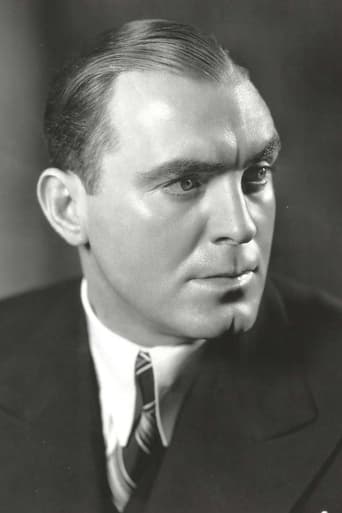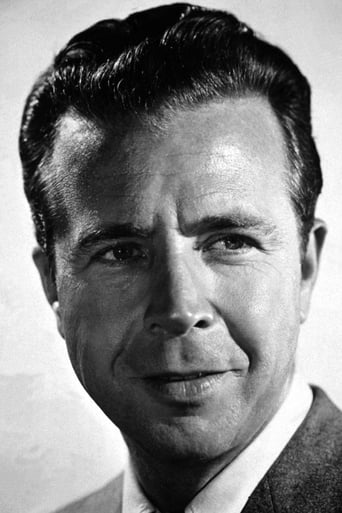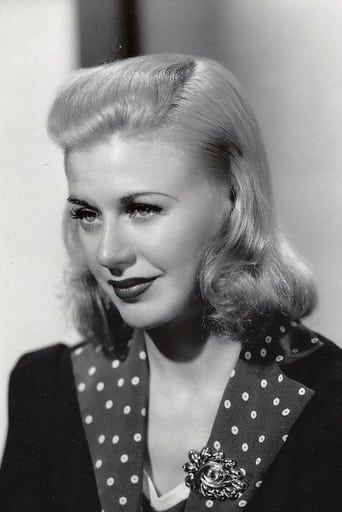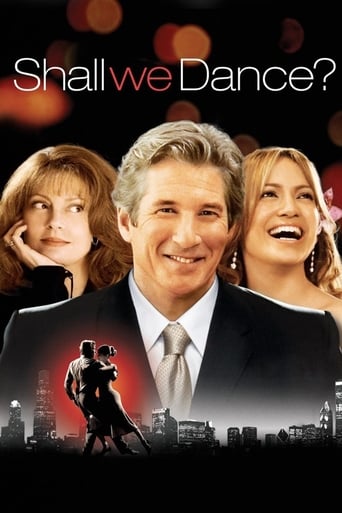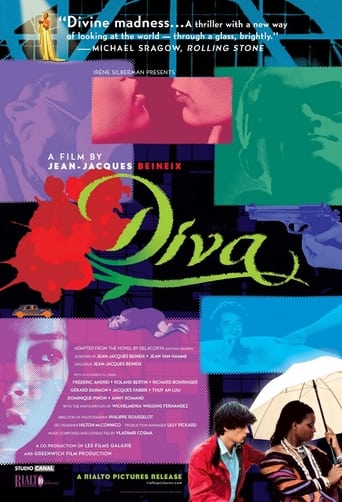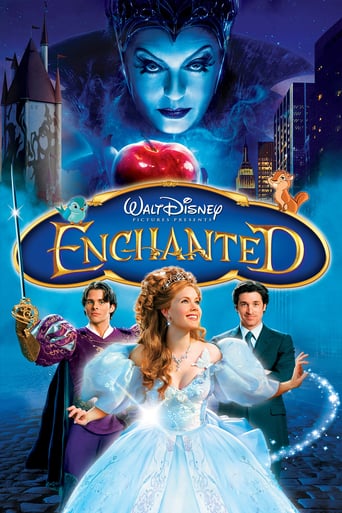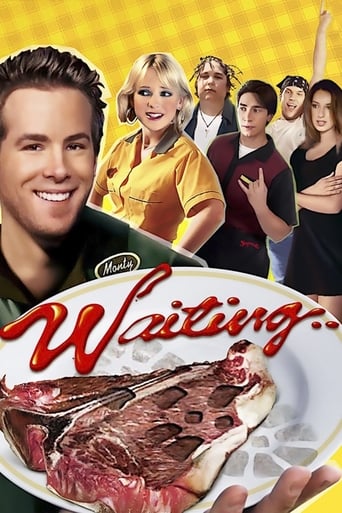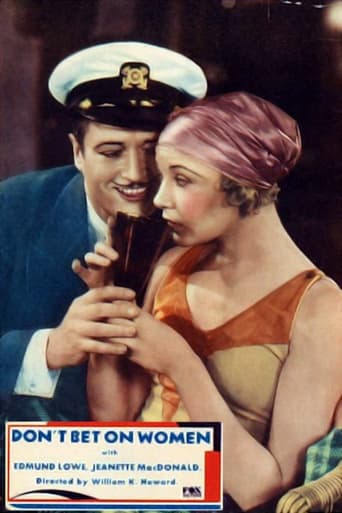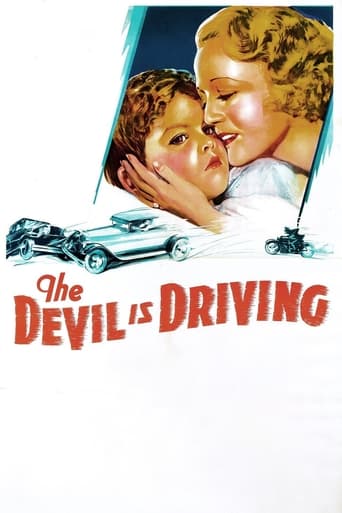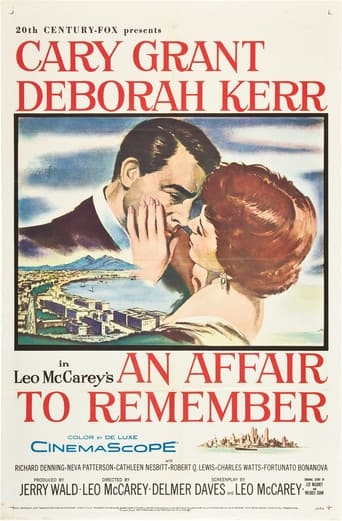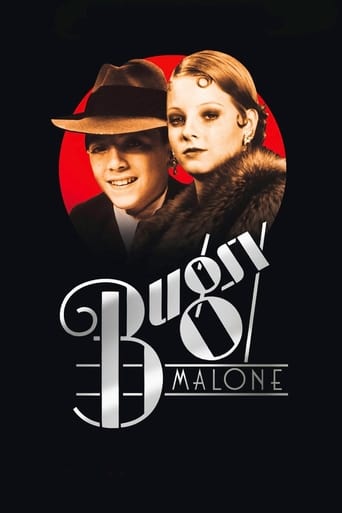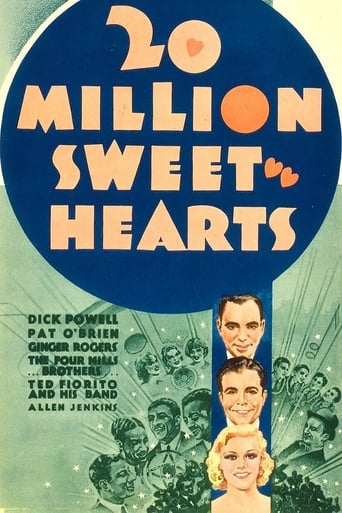
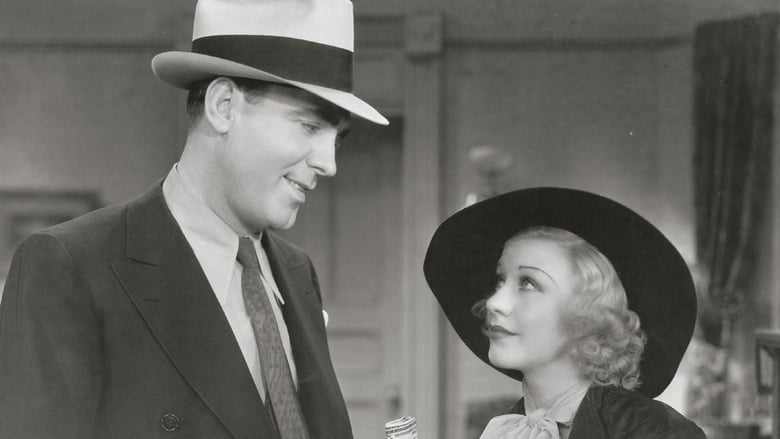
Twenty Million Sweethearts (1934)
Unscrupulous agent Rush Blake makes singing waiter Buddy Clayton a big radio star while Peggy Cornell, who has lost her own radio show, helps Buddy.
Watch Trailer
Cast


Similar titles
Reviews
Fast-talking agent (O'Brien) promotes radio career of promising crooner (Powell) despite obstacles.The first half is very enjoyable with a behind-the-scenes look at radio, the Mills Brothers, O'Brien's matchless chutzpah, and Powell's knockout rendition of "I'll String Along with You". Apparently, however, the screenwriters had another 30 minutes to fill, so they recycled much of the first half. The trouble is that unlike love and the old song, the plot etc. is not better "the second time around". What's really unfortunate is that the fine signature tune is repeated to the point of tedium. Too bad the film didn't quit while ahead.Of course, watching Rogers at this career stage remains a treat even if she's more subdued than usual. While O'Brien machine guns out more words per second than a dragster spits out rpm's. His promotional drive almost amounts to a force of nature. At the same time, Powell does his tuneful tenor bit as a "Lochinvar from California" heart-throb". However, some of his facial expressions while crooning the musical's last number are borderline clownish.All in all, the impression is of a pleasant lower-end musical whose repetitive material over- stretches a solid core of performers and a great signature tune.
This is an interesting film to watch with the closed captions turned on because the film features a lot of impersonations of famous radio stars at the very beginning--and very, very, very few viewers will be able to identify who the imitations are supposed to be! But, the person who did the captioning listed who the impersonation was of--making it a lot easier for viewers. While I recognized impersonations of Kate Smith and Amos 'n Andy, most of the rest were complete ciphers--thanks to captioning I could place them.The plot involves a fast-talking agent (Part O'Brien) who is down and out and desperately looking for a star who will help him back on his feet. When he happens upon a singing waiter (Dick Powell), he thinks this guy might just be his salvation. Although Ginger Rogers has top billing along with O'Brien, she doesn't appear until about 15 minutes into the film. She plays a radio singer that Powell is smitten with and their first meeting makes little sense. She's singing on the radio yet she walks all around the recording booth--and is nowhere near the microphone as she sings! But, being a Hollywood film, they are soon head over heels.As far as Powell's big break goes, O'Brien is actually able to finagle him a chance. However, O'Brien insisted that Powell sing a terrible old tune ("Man on the Flying Trapeze") and the opportunity is lost. Naturally, you know that despite this, eventually Powell will be recognized and everyone will have a "happily ever after". But, when this does occur, O'Brien nearly blows it again--as he is, apparently, a total idiot! When Powell does make it big, he's the idol of women across the country. However, the sponsor is now worried that if Powell marries his sweetie (Rogers) that women will be turned off! So, it's up to O'Brien to try to stop the marriage--and he does it in the most devious and nasty way possible.Aside from the main plot, I really enjoyed the Mills Brothers and was happy they performed three times (including a nice number with Powell)--and I enjoyed their singing far more than the sappier tunes sung solo by Powell. Also, Allen Jenkins is entertaining as the host of a horribly saccharine kid's radio show--and as a result, he absolutely hates children! Overall, a pleasant little film but one where there simply is too much singing. Back in the 30s, a lot of Dick Powell and the rest went a long way. Today, it just seems to be too much--as it clearly gets in the way of the plot. A pleasant but not particularly great film.
Twenty Million Sweethearts is out of that era of wonderful musical entertainment that Warner Brothers did the very best of in the Thirties. It's a musical about radio during that quarter of a century when it was the most popular entertainment medium. Dick Powell and Ginger Rogers play a pair of young hopefuls eager to break into radio and Pat O'Brien is Powell's discoverer/manager whose machinations get Powell in the door and almost out of the industry before he's started.O'Brien played this part so often in those years he could have phoned in the performance, but it's what you expect of him. He finds Powell as a singing waiter doing a boffo version of The Man On The Flying Trapeze, a very popular song in 1934 with it getting a prominent place in It Happened One Night. Pat may be a little too sharp for his own good, but he does know talent and he brings him to radio station owner Grant Mitchell and sponsor Joseph Cawthorn. They've got a girl singer in Ginger Rogers already, but Ginger and Dick hit it off. But there are complications and they make up the rest of this film.Harry Warren and Al Dubin wrote most of the original score for this film and the best song in the film is one of my personal favorite Dick Powell number, I'll String Along With You. It's sung both solo and as a duet with Rogers. Powell recorded it and Fair and Warmer for Brunswick records and it enjoyed a good sale during the Depression. It was recycled for Doris Day for her film My Dream Is Your's where it's done as a lullaby to her small son. But when you hear Powell do it, you will hear him at his best as a singer. Interestingly enough Doris's film is also about the radio industry. Powell also does a nice scat version with the Mills Brothers of Out For No Good which is also done by Rogers as a solo.Twenty Million Sweethearts was done by Ginger on loan out from RKO where she had just signed a long term contract. She had just done Flying Down To Rio, her first with Fred Astaire. Previously she had worked with Powell though not opposite him in 42nd Street and Golddiggers of 1933. Jack Warner thought they'd make a good team together and they did make some beautiful music and beautiful box office. But she made even bigger box office with Flying Down To Rio over at RKO with Astaire and RKO wasn't about to give her up. So the screen team of Powell and Rogers never made another film.Take note of the performance of Allen Jenkins as the grouchy host of a kid's radio program, he's got some very nice lines. When you hear talk of a Hooper rating, back in the day that referred to the barometer of popularity, like the Nielsen is for today's television. I liked hearing the Radio Rogues, only hearing them mind you, at the beginning of the movie where you hear them do their imitations of the current radio stars. They had appeared in Bing Crosby's We're Not Dressing earlier in the year at Paramount and now that they were not in his film, his imitation is added to their repertoire. Twenty Million Sweethearts is charming and entertaining with a nice cast going through their usual paces on screen. It may not be the best film ever made about radio, but until the day that one comes along, I'll string along with Twenty Million Sweethearts.
When Lee Tracy plays a promoter who gets fired but tries to promote a nobody anyhow, that's chutzpa; when Pat O'Brien is in the role, it just seems like failure with bluster. If Tracy tried to break up the happy couple it would be playing the "game" too far, and he'd really regret it later. O'Brien just seems like a heel, and there's no sense of his remorse even when he belatedly fixes things up. RKO's similar PROFESSIONAL SWEETHEART, also with Ginger Rogers and made the year prior, is a much better, much funnier film, although even it doesn't have the timing and ensemble playing of the very best Warners films. Unfortunately, TWENTY MILLION SWEETHEARTS isn't one of the best Warners films by a long shot; it's too long, too flabby, not smartly written, and with a weaker cast than the RKO film (Cawthorne is not Ratoff). The story has Powell singing several songs more than once, and he sings them all the way through each time. And they're not great songs. The Mills Brothers are great, but their two numbers are placed back-to-back (perhaps to more easily excise them in the South). And the plot doesn't really make much sense. One has to assume that this was made LATE in 1934, after the stringent implementation of the Production Code. (But Ginger is splendid anyhow.)


